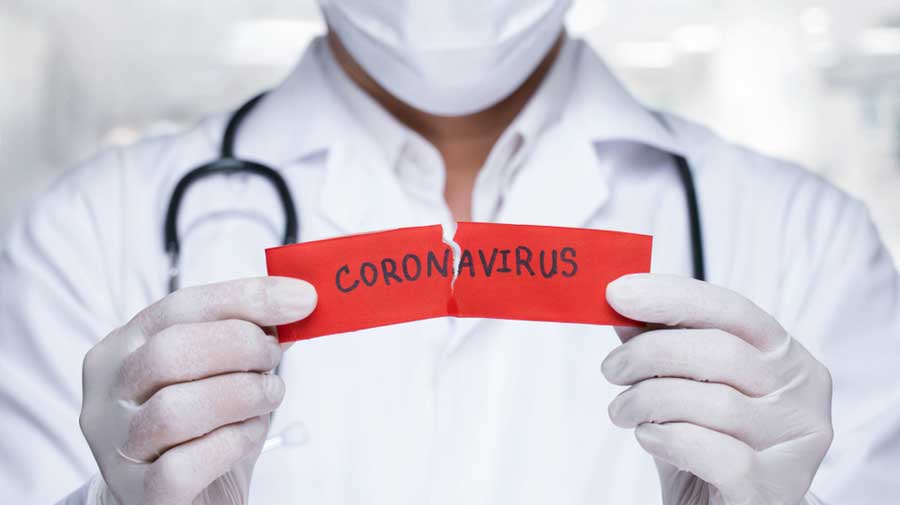International clinical trials published on Wednesday confirm the hope that cheap, widely available steroid drugs can help seriously ill patients survive Covid-19, the illness caused by the coronavirus.
Based on the new evidence, the World Health Organisation issued new treatment guidance, strongly recommending steroids to treat severely and critically ill patients, but not to those with mild disease.
“Clearly, now steroids are the standard of care,” said Dr Howard C. Bauchner, the editor-in-chief of JAMA, which published five papers about the treatment.
The new studies include an analysis that pooled data from seven randomised clinical trials evaluating three steroids in more than 1,700 patients. The study concluded that each of the three drugs reduced the risk of death.
JAMA published that paper and three related studies, along with an editorial describing the research as an “important step forward in the treatment of patients with Covid-19”.
Corticosteroids should now be the first-line treatment for critically ill patients, the authors said. The only other drug shown to be effective in seriously ill patients, and only modestly at that, is remdesivir. Steroids like dexamethasone, hydrocortisone and methylprednisolone are often used by doctors to tamp down the body’s immune system.
New York Times News Service











